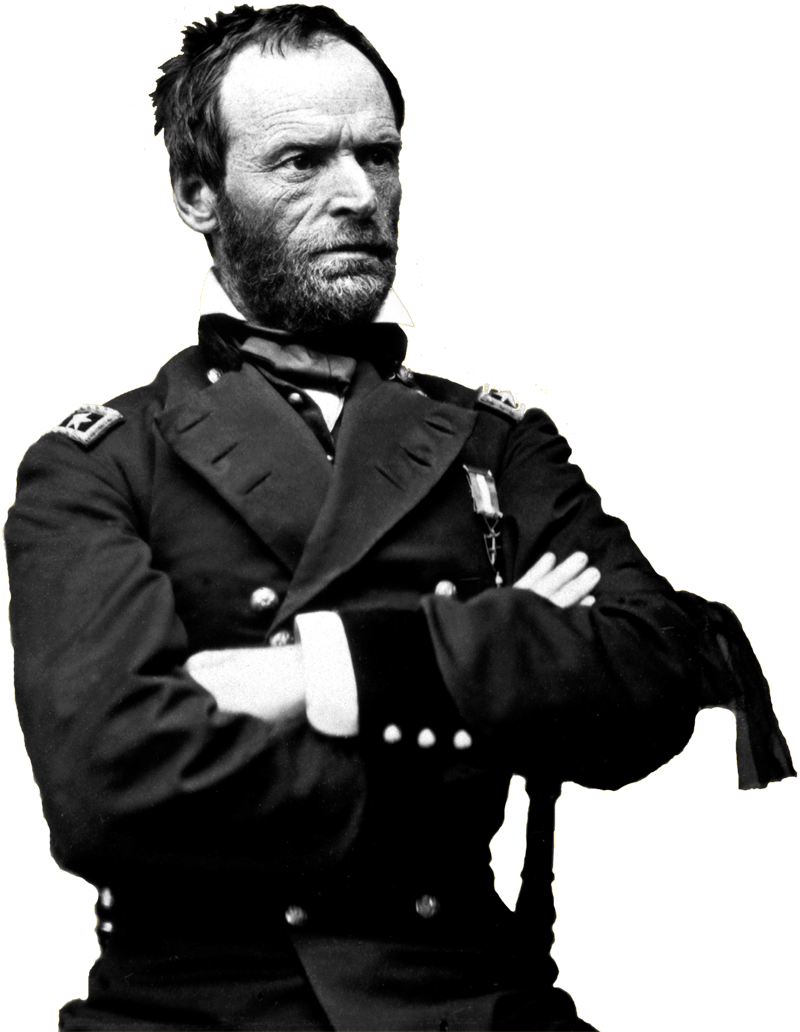|
||||||||||||||||||||||||||||||||||||||||
|
Future Civil War general William Tecumseh Sherman came to California as a lieutenant during the Mexican War. In his memoirs, he tells how he and his West Point classmate, Lieutenant E. O. C. Ord, explored the Salinas Valley and enjoyed the hospitality of a rancher named Señor Gomez. We had cruised about all day, and it was almost dark when we reached the house of a Señor Gomez. . . . We hitched our horses to the fence and went in just as Gomez was about to sit down to a tempting supper of stewed hare and tortillas. We were officers and caballeros and could not be ignored. After turning our horses to grass, at his invitation we joined him at supper. The allowance, though ample for one, was rather short for three, and I thought the Spanish grandiloquent politeness of Gomez, who was fat and old, was not over-cordial. However, down we sat, and I was helped to a dish of rabbit, with what I thought to be an abundant sauce of tomato. Taking a good mouthful, I felt as though I had taken liquid fire; the tomato was chile colorado, or red pepper, of the purest kind. It nearly killed me, and I saw Gomez's eyes twinkle, for he saw that his share of supper was increased.Sherman resigned his Army commission in 1853 and worked at various careers in California. He returned to military service during the Civil War and, though controversial, became one of the Union Army's most famous generals. |
|||||||||||||||||||||||||||||||||||||||
|
© 2000-2013 California Legacy Project, Santa Clara University English Department, Santa Clara University, 500 El Camino Real, Santa Clara, CA 95053.
For more information: Terry Beers, 408 554 4335, or . 



|
|

|








